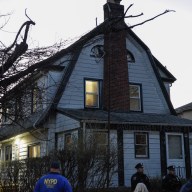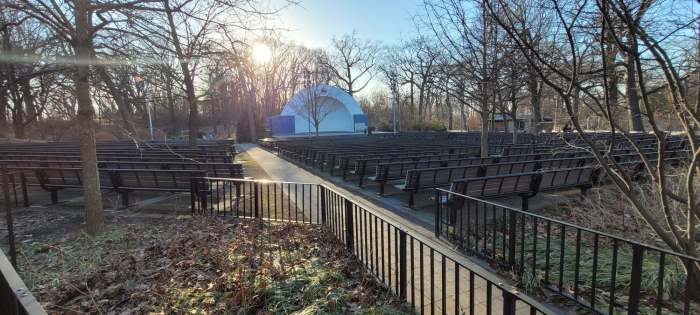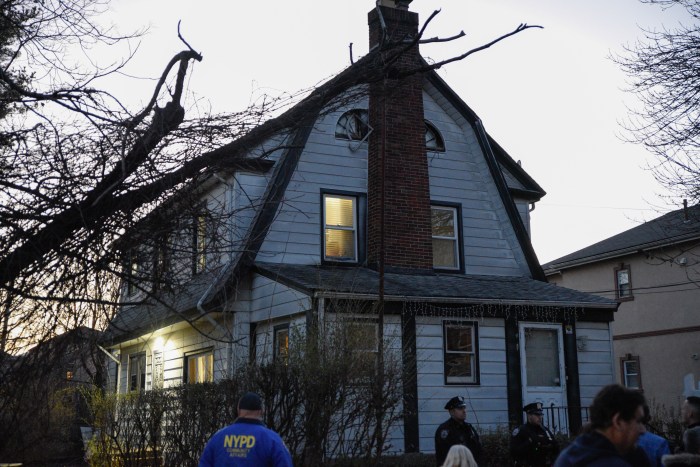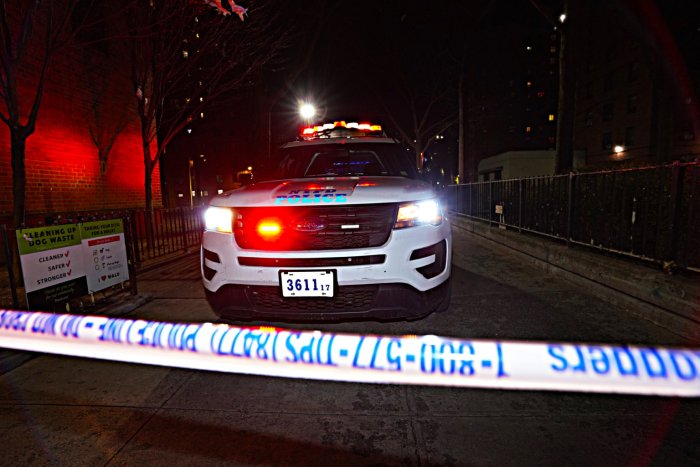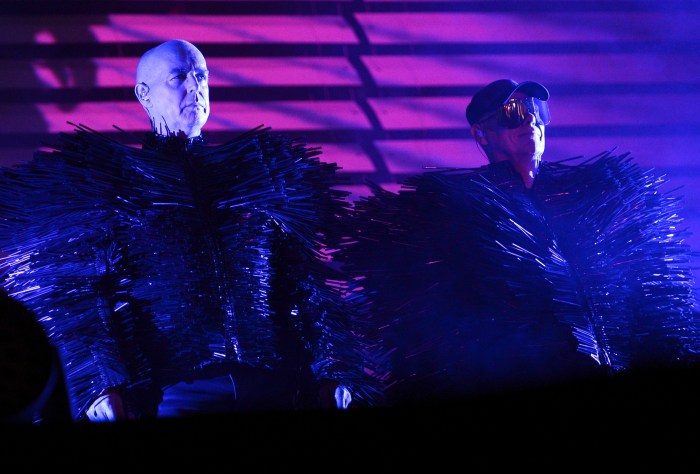By Alexander Dworkowitz
A Queens judge ruled last week that John Taylor’s confession of his involvement in the massacre of five people at a Wendy’s restaurant in Flushing would be allowed as evidence in his trial.
The 40-page ruling by State Supreme Court Judge Steven Fisher was handed down March 20 despite the defense’s argument that Taylor’s confession had been improperly obtained.
According to prosecutors, Taylor, 37, of Lefrak City, made his statement over a several-hour period that began late at night May 26, 2000 in the 111th Precinct house in Bayside, just two days after the massacre and several hours after Taylor was arrested.
Taylor is accused of masterminding the execution-style slaughter of five employees at the Wendy’s restaurant on Main Street. Despite personal misgivings about the death penalty, Queens District Attorney Richard Brown is seeking it as punishment for Taylor.
The defense had challenged the confession on two grounds, arguing that Taylor was denied access to an attorney and was beaten before giving his confession.
Craig Godineaux, who pleaded guilty to the murders and is serving a life sentence for the crime, testified on Taylor’s behalf. Godineaux, 31, of Jamaica, told the court that he heard Taylor shout for help the night of the confession.
“‘Somebody help me, help me. They’re beating me up,’” he claimed to have heard Taylor shout.
But Fisher said there was little evidence to corroborate Godineaux’s testimony.
Fisher described Godineaux as “a mentally retarded, self-confessed multiple murderer with an admitted history of lying.”
The defense had also argued that Taylor was denied his right to his attorney, Pamela Jordan, who was representing Taylor in a separate robbery case.
But Fisher said he believed the sworn statements from detectives who said Taylor had refused an offer to see Jordan.
Taylor’s defense team is led by John Youngblood of the Capital Defender’s Office.
In addition to the ruling on the confession, Fisher also decided to suppress several pieces of evidence found in his apartment including the list of numbers in his cell phone. But both the prosecution and defense said that the evidence was not as important to their respective arguments as the confession.
As of press time, Fisher had yet to rule on another defense motion to have Taylor’s indictment thrown out based on an argument that the grand jury pool from which Taylor’s jury was selected had too few Hispanics. Professor Andrew Beveridge of Queens College had testified for the defense in support of that motion.
Taylor is next scheduled to appear in court May 27.
Reach reporter Alexander Dworkowitz by e-mail at Timesledger@aol.com or call 229-0300, Ext. 141.







